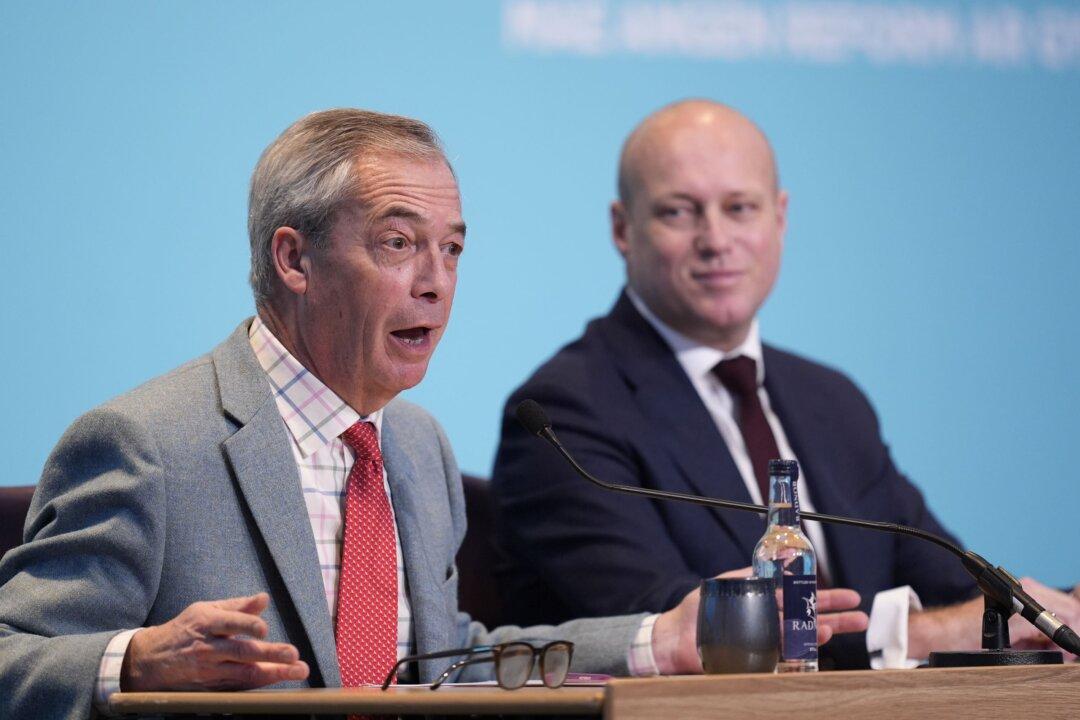The NHS’s ability to retain its Gen Z workers has been called into question after new analysis suggests they are “increasingly unhappy” at work.
Analysts said that the future of the health service depends on the service’s youngest staff, but concerns have been raised about job satisfaction among these workers.
A new report from the Nuffield Trust saw experts analyse 10 years of data from the NHS Staff Survey, the annual poll taken by health workers.
The report revealed how staff in the early years of their careers have become more stressed and unhappy over time, the think tank said.
The researchers found that between 2013 and 2023 stress levels in clinical staff aged 21 to 30 rose by 14 percentage points, with more than half (52 percent) in 2023 saying they were made unwell through work-related stress during the previous year, compared to 38 percent in 2013.
The number of NHS staff in England aged 21 to 30 who are unhappy with their pay rose from 10 percent to 22 percent.
This is compared to a smaller rise among older staff, from 11 percent in 2013 to 12 percent in 2023.
Some 15 percent of staff aged 21 to 30 said that they were not looking forward to their jobs in 2023, compared to 12 percent in 2013.
And the proportion of staff aged 21 to 30 who said that they do not feel enthusiastic about work has grown from 4 percent in 2013 to 7 percent in 2023, but remained unchanged at 6 percent for their peers aged 51 to 65.
The review was published as NHS officials announced a review into the training for resident doctors, previously known as junior doctors.
The nation’s chief medical officer, Professor Sir Chris Whitty, and NHS England’s national medical director, Professor Sir Stephen Powis, will lead the review as part of work to address concerns raised by resident doctors.
During the bitter row between resident doctors and the previous government, which led to a number of disruptive strikes across the NHS, a number of concerns were raised about how medics are treated during their training.
The new review will seek views on placement options, flexibility to staff in training, and rota problems, among other issues, officials said.
Commenting on the staff survey analysis, Thea Stein, Nuffield Trust chief executive, said: “Our analysis of the NHS Staff Survey drills down into the responses of more than a million staff over 20 years, revealing how the experiences of workers of different ages vary over time.
“The traditionally tough start faced by the youngest staff has got even tougher over the past decade, with Gen Z NHS workers now having to manage exams, early career demands, and learning the job in potentially overstretched services alongside escalating cost of living pressures.
“Our findings raise real concerns around the NHS’s ability to retain its youngest workers, who are just at the start of their careers but are increasingly unhappy.
“The future of the health service depends on these workers. It is vital policy-makers and employers now act on what the NHS’s own staff poll shows us about what the next generation of clinicians need to stay and thrive in the NHS.”
Professor Nicola Ranger, general secretary and chief executive of the Royal College of Nursing, said the findings “are a ticking time bomb for the NHS,” adding: “A new nurse today is likely to face extreme pressure in severely understaffed services, with stagnant pay and little prospect of progression.
“In these conditions, it is little wonder so many feel undervalued and overworked.
“The number of people leaving within the first years of their career has skyrocketed, while applications to study nursing are in collapse.
“Ministers need to realise you cannot fix a broken NHS without making nursing a more attractive career.”
An NHS England spokesperson said: “NHS organisations have done a huge amount to improve the working environment for staff over the past couple of years and our staff retention levels are among the highest in over a decade—with a reduction in sickness and absence rates and an improvement in productivity.
“The NHS is fully committed to ensuring staff get the support they need, and the health service is now offering more flexible working options than ever before, as well as a range of mental health support available for staff, including access to coaching and wellbeing resources.”






